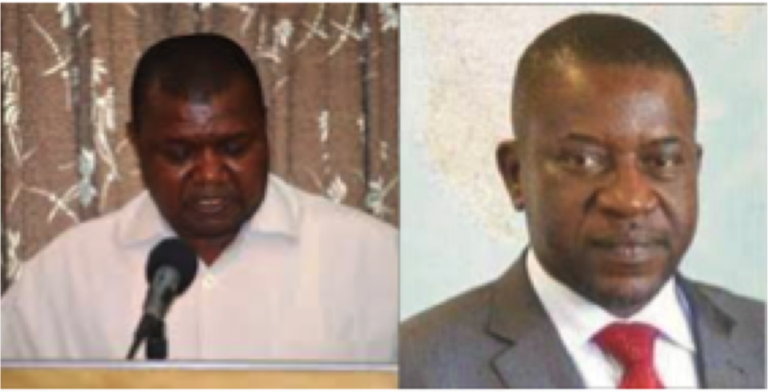By Joseph S. Margai in Freetown, Sierra Leone
A source within the Ministry of Education, Science and Technology (MEST), has disclosed to that the 39-60% payment of fees subsidy for university students in Sierra Leone by the government will be concluded some time in 2018.
However, our source revealed that the 39-60% fees for university students would be replaced with a “students loaning scheme” where government would send the 39-60% fees to stipulated commercial banks where students would access them and pay after they get job at the end of their university education.
According to sources, commercial banks would have to come up with criteria that students should meet in order to benefit from the loaning scheme. Government started to pay 39-60% of the fees for university students in 2012 when the authorities of the universities in Sierra Leone decided to skyrocket the fees to an alarming seven or more million Leones for various courses.
University authorities had argued at that time that Sierra Leone is the only country that has the cheapest university education. They claimed that in order to improve on the standard of tertiary education, they thought fit to increase the fees.
Parents and students, who were to suffer the financial burden at the time when the economic hardship was hitting Sierra Leoneans, protested against the fees and government intervened by agreeing to be paying 39-60% of the fees.
A senior official of the University of Sierra Leone (USL), who prefers anonymity, said the composite fees paid by government varies from 39% to 70%, adding that whenever they make the claim and send it to government, the latter would pay its own percentage of the fees.
“Previously, government used to give subvention to the university, but it has now been transformed into fees subsidy. The fees are now called “composite fees”, which comprise tuition and other charges. We no longer collect monies for other charges but composite fees, which includes everything,” Our USL source said.
The entire “composite fees” have been described as “economic fees” in the context of the university which means it is economical in the sense that it is not too expensive, noting that they have what they called “realistic fees”, which when charged, will compared USL charges to big universities in Nigeria, Ghana and South Africa.
Asked whether they have been informed that the “composite fees” will expire in 2018, the source said they have not yet been informed about it by MEST and the government will not because as far as USL is concern, the policy is still in place and government is expected to be honoring its own part of the payment.
However, Deputy Minister of Information and Communication, Cornelius Deveaux, said the information is not true as government is committed to ensuring that it continues to pay the percentage for our students in order to alleviate the financial burden on parents.

